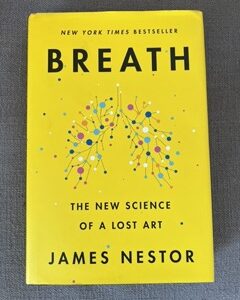A recent article in Psychology today discusses problems with fructose in our diets. Fructose is another variety of sugar that has entered our food supply as a cheap sweetener. Researchers are finding that too much fructose can affect our brains. How does fructose affect the brain? This is what they are finding:
Cognitive Problems:
“Glucose can enter the bloodstream directly from the gut, and its uptake by body cells is regulated by the hormone insulin. Fructose however, is metabolized mainly by the liver, and the process significantly ups production of fatty triglycerides. It’s as if the body is consuming a high-fat diet. The triglycerides create fatty liver disease. Circulated to the brain, research shows, they contribute to an array of cognitive deficits.”
Dumbed by Diet?
“Consuming a high-fructose diet not only undermines body metabolism but compromises mental health, UCLA researchers report. Male animals drinking fructose-laced water can’t remember landmarks placed to help them escape from a maze. Their brain cells have trouble transmitting signals from one neuron to the next. The explosive surge in metabolic syndrome, marked by insulin resistance and leading to an epidemic of diabetes, is likely talking a toll on the nation’s cognitive and emotional capacity.”
Depression
“Expanding their view of the metabolic syndrome, scientists now invoke the term “metabolic-cognitive syndrome” to refer to a complex relationship between metabolic disorders and brain disturbances. Deficits in insulin signaling in the brain caused by the metabolic syndrome, may foster the development of depression. By depriving bran cells of the ability to take up glucose, insulin resistance may also impair the functioning of neurons, diminishing energy levels and the ability to produce and respond to neurotransmitters.” – Source: Psychology Today
For more information, please click the link below.
Source: Psychology Today






